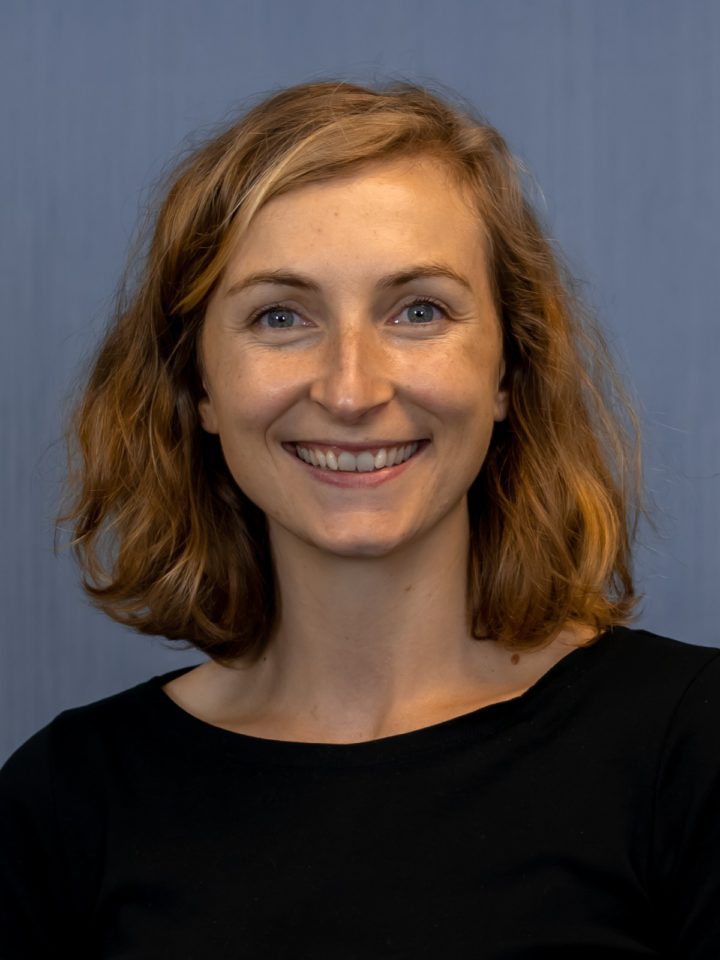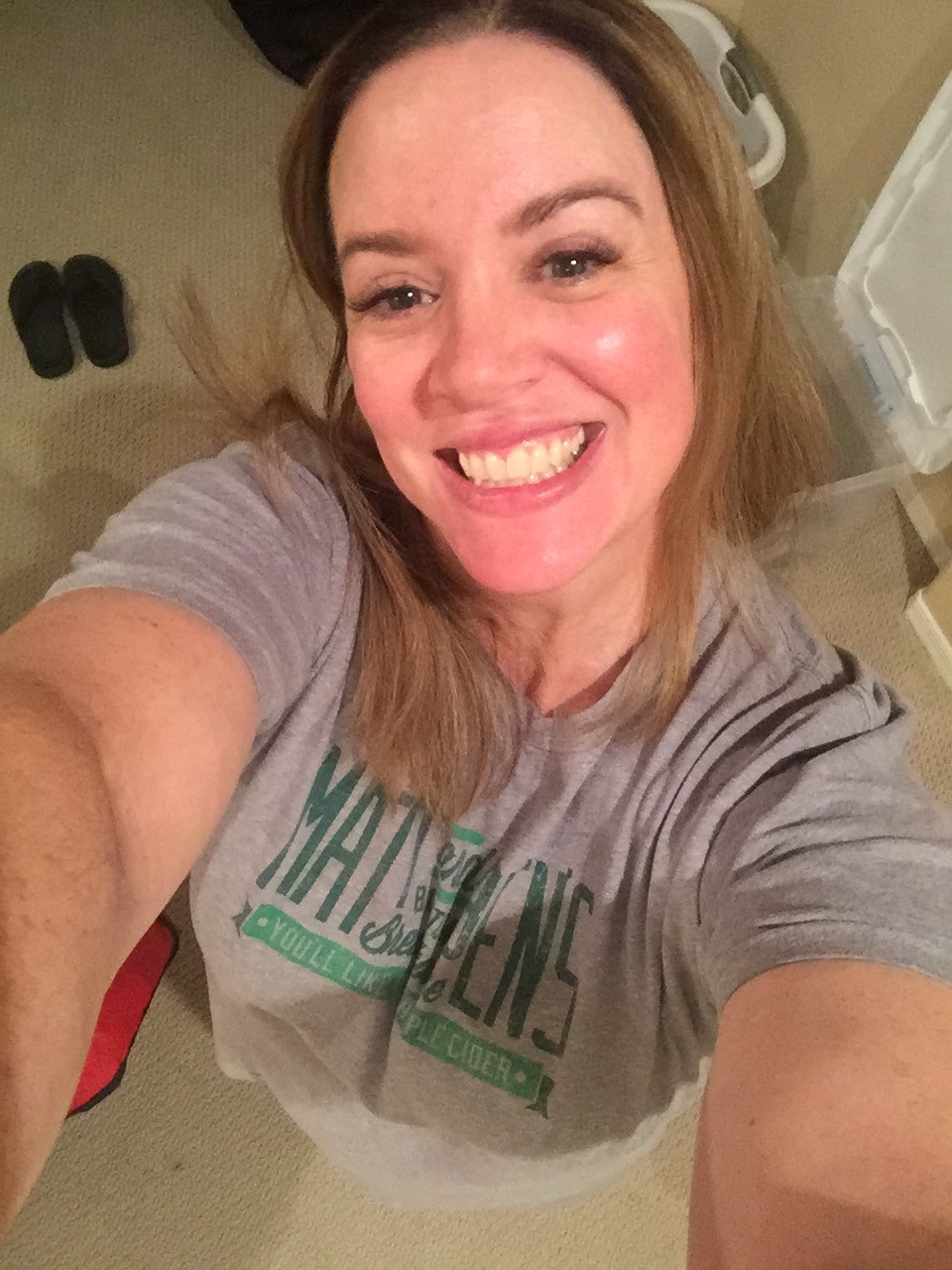Few crimes are more personal than sexual assault. Unfortunately, collecting evidence that may lead to a conviction of an attacker can be traumatic and invasive as well. That’s where trained forensic nurses can make a difference. And now there are more of them in Western North Carolina, due to a new team at Harris Regional Hospital in Sylva.
Until this summer, residents in Western North Carolina who were assaulted had to travel up to two hours to Asheville-area hospitals that have nurses who are specially trained in gathering biological evidence.
Otherwise, if they visited their local emergency rooms, they would be seen by a physician or nurse who isn’t specially trained in forensic evidence collection — and who also has to respond to other emergencies. A third option was no exam or evidence collection at all.
Katie Miller, director of women’s services at Harris Regional Hospital, trained as a forensic nurse in 2018 and began researching how to implement a forensic nurse team at Harris Regional Hospital in early 2022. Five registered nurses from Harris’ staff completed 45 hours of online training and two days of clinical learning with live models in Columbia, S.C., from a program approved by the International Association of Forensic Nurses. “We’re lucky to be close to a place where we could do vaginal exams on live models and do as many as we needed to complete our training,” Miller says. After earning certificates in May, the program went live Aug. 1.
Also called a sexual assault nurse examiner, or SANE, forensic nurses provide “nursing care and assessment while preserving and collecting evidence,” explains Jacqueline Maillet, forensic nurse team supervisor at Mission Health. “We’re specially trained to look for specific injuries after episodes of violence,” she explains. This training means forensic nurses “make for more credible expert witnesses if the case goes to trial and they need to testify,” according to the N.C. Coalition Against Sexual Assault.
Trained forensic nursing services are primarily grouped around Asheville. Forensic nurses are available around the clock at Mission Health and from 8:30 a.m.-5 p.m. at the Buncombe County Family Justice Center, a social services organization assisting survivors of sexual assault and physical abuse.
Pardee UNC Health Care has had a forensic nurse program for 15 years and has three on staff, says Bridget Barron, nursing service director of Psychiatric and Addictions Therapeutic Healing Services at Pardee. AdventHealth Hendersonville has had forensic nurses since 2017 and has five on staff, according to spokesperson Victoria Dunkle.
An emotional emergency
A medical exam and assault evidence collection can take two to five hours, depending on the extent of a patient’s injuries, explains Miller. And this can be tricky in busy emergency departments, she adds. “It’s very stressful for ER nurses to get a sexual assault patient because, of course, they want to be there for that person,” but ER nurses also must respond to more acute medical emergencies as they arise, Maillet explains.
Harris Regional Hospital’s new forensic nurse team, which consists of registered nurses employed elsewhere in the hospital, relieves some of this stress, Miller says. When an assault patient comes into the Harris ER, the staff contacts the forensic nurse on call, who assumes care of the patient. The assault exam and evidence collection take place separately and privately from the ER, which can be loud and busy, Miller explains. The forensic nurse can focus on the assault patient, treat injuries and spend as much time as needed.
Following the exam and evidence collection, patients can take a warm shower — which some have not done since the assault in order to preserve DNA evidence on their bodies — and put on clean clothing provided by local nonprofits.
Harris Regional Hospital’s forensic nurses have collected evidence for 16 kits since the program began, Miller says. Volume “varies widely,” she continues; one week the team collected five kits, while other weeks have had only one. (Nancy Lindell, spokesperson for Mission Health, did not respond to Xpress’ inquiry on the volume of rape kits at Mission Hospital by press time.)
Miller says she anticipates more patients coming in for evidence collection around the holidays and end-of-school parties. “A lot of our cases that we’re seeing from Western [Carolina University in Cullowhee] involve parties as a setting,” she says.

Not like on TV
Biological evidence collection is a slow, deliberate process that involves “a light swabbing-over to pick up any cells or DNA that might be there,” Maillet explains.
The kit is composed of envelopes, each dedicated to a specific part of the body. Dry skin will be gone over with a wet swab, then a dry swab to pick up the DNA. Inside the mouth, nose or genitalia, which has mucous membranes, the nurses use dry swabs.
Evidence can be collected anywhere DNA may be found, like from genitalia, under a patient’s fingernails or in body hair. The patient’s description of the assault guides which parts of the body the forensic nurses swab for evidence. Crime lab guides recommend that oral swabs be completed within 24 hours, rectal swabs within 48 hours and vaginal swabs within five days, Maillet explains.
But Maillet emphasizes these time frames shouldn’t dissuade survivors from getting examined. “If you come in and it’s not 24 hours, it’s 48 hours [since the assault], you didn’t do anything wrong,” she says. “We can still [try to see] what we can get.” She’s adamant about collecting whatever evidence is still present on the body. “If it’s hour 121 [since the assault], I’m going to do the kit,” Maillet says.
Photographing injuries like bruises, abrasions, scratches and lacerations is a key component of evidence collection. Called “photo documentation,” the images support the record of the injuries captured in the patient’s medical chart.
Mission Health and the Family Justice Center have Cortexflo cameras to photograph bruising below the skin’s surface, says Maillet. Very light skin and very dark skin don’t photograph bruises well, but Cortexflo cameras have an LED ring light circling the lens, which adjusts the flash automatically, and a contrast filter that takes a photograph resembling a negative, she explains. “With Brown or Black skin, where bruises are hard to pick up or photograph, this will capture it,” she says.
Unlike in Hollywood, where results are completed in under an hour, in real life, processing rape kits takes a long time, says Maillet. Crime labs may have thousands of rape kits to test at a time, and she estimates it takes six to nine months for a rape kit to be tested. It starts with the forensic nurses logging the kit onto an online tracking system, which Maillet says informs the crime lab that it should be tested. If the patient chooses to file a police report, the kit must be received by the crime lab within seven days.
State law prohibits medical facilities from billing survivors of sexual assault for a rape kit. Those exams are paid for by the N.C. Department of Public Safety’s Rape Victim Assistance Program.
Paulina Mendez, family justice program manager at the Family Justice Center in Buncombe County, says forensic nurses “go above and beyond to offer nonjudgmental, compassionate care during what can be a very raw and stressful time in someone’s life. The evidence they collect, the education they provide and their expert witness testimony are invaluable for survivors seeking justice.”
Anonymous or not
A critical component of the evidence collection process is getting the patient’s consent for each step. “The patient has control over every part of the exam,” Maillet emphasizes. “We can take a break; [the patient] can say, ‘I don’t want that part.’ … It’s important to give them back control because control was taken away.”
Maillet emphasizes that filing a police report isn’t mandatory for patients ages 18 and older. “We can collect that evidence anonymously” without involving law enforcement, she says. For patients under age 18, medical providers must file a report with the Department of Children and Family Services, which handles interaction with law enforcement, Maillet explains.
Forensic nurses also dispense medication as needed, such as antibiotics for sexually transmitted infections, the morning-after pill or the HIV post-exposure prophylaxis PEP, Maillet says.
Forensic nursing is emotionally heavy work for practitioners, Maillet says. “It’s hearing everybody’s worst day over and over again,” she says.
But it’s rewarding work, too. “Our goal is to let the patient leave a little better than when they came in,” she says. “A lot of our patients will say, ‘Thank you, I feel so much better’ … You’re really helping somebody.”




Before you comment
The comments section is here to provide a platform for civil dialogue on the issues we face together as a local community. Xpress is committed to offering this platform for all voices, but when the tone of the discussion gets nasty or strays off topic, we believe many people choose not to participate. Xpress editors are determined to moderate comments to ensure a constructive interchange is maintained. All comments judged not to be in keeping with the spirit of civil discourse will be removed and repeat violators will be banned. See here for our terms of service. Thank you for being part of this effort to promote respectful discussion.